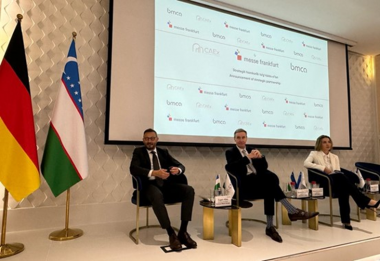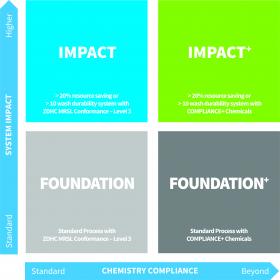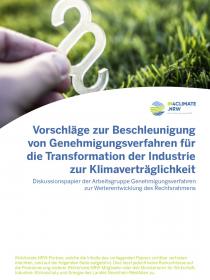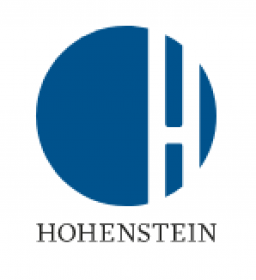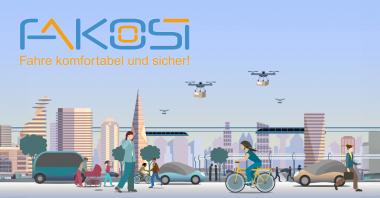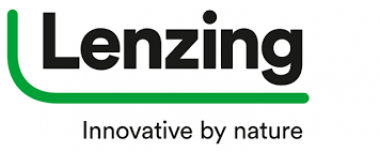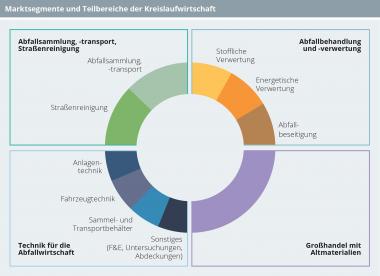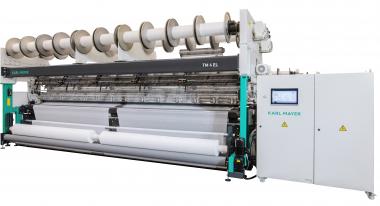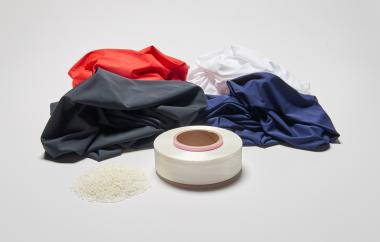CARBIOS and De Smet Engineers & Contractors: Partnership for construction of PET biorecycling plant
CARBIOS and De Smet Engineers & Contractors (DSEC), a provider of Engineering, Procurement and Construction services in the biotech’s and agro-processing industries, announce their collaboration to spearhead the construction of the world's first PET biorecycling plant. Under the agreement, De Smet has been entrusted with the project management and detailed engineering, including procurement assistance and CARBIOS partners’ management, to ensure the execution of the plant's construction in Longlaville, France, due for commissioning in 2025. CARBIOS’ first commercial facility will play a key role in the fight against plastic pollution by offering an industrial-scale solution for the enzymatic depolymerization of PET waste to accelerate a circular economy for plastic and textiles.
With over 70 members of De Smet's expert team dedicated to the project and working alongside CARBIOS teams, the collaboration aims to guarantee the project timeline and budget while upholding quality, safety, health, and environmental standards. Construction is currently underway and on schedule.
CARBIOS










